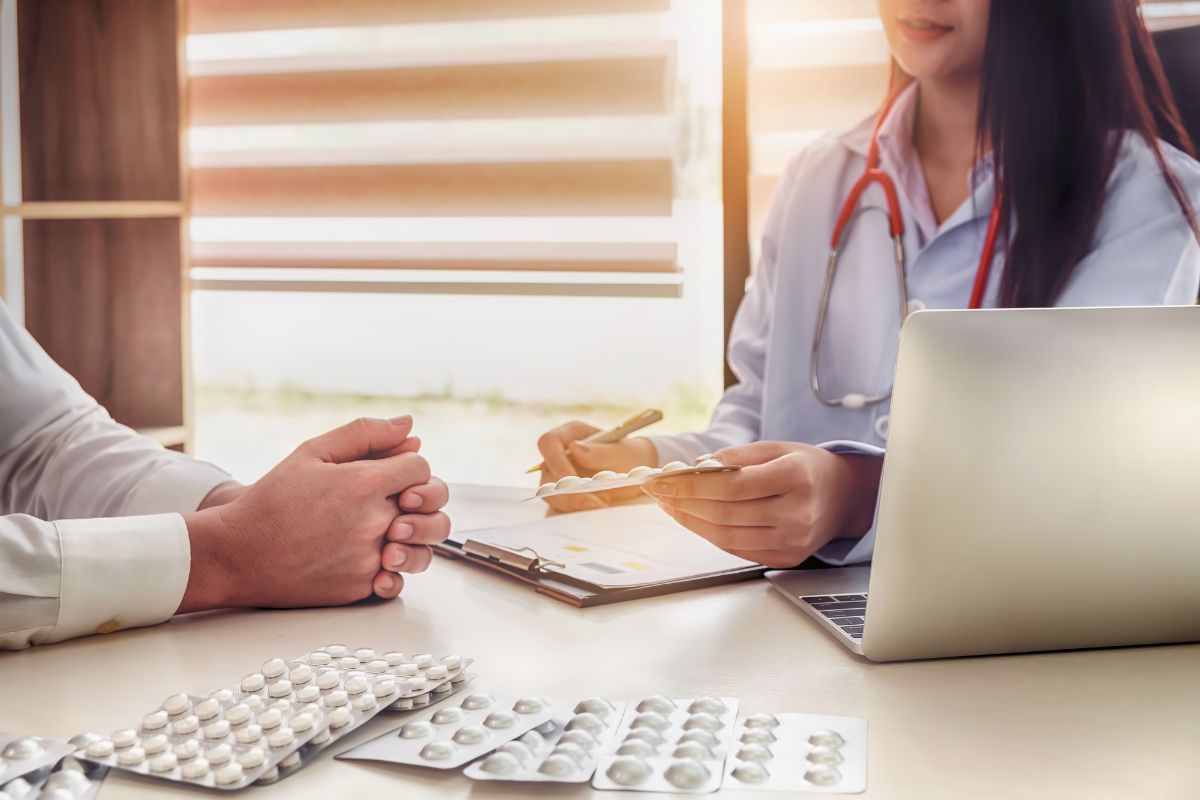Depression Medicine
Do you feel downcast? Do not feel embarrassed or isolated. Women are more prone than males to experience depression, despite the fact that it is a big issue for both sexes.
There is optimism.
Depression can be treated with either medication or psychotherapy. Occasionally both are used. Consult with your healthcare practitioner to determine what will be most effective for you.
You can use the information below to prepare a discussion with your doctor about antidepressant medications that can help treat depression. The medication charts list the available, for this illness, FDA-approved products. You will also discover some general facts to assist you in making informed drug decisions. Ask your doctor to explain the dangers of using this kind of medication. Only a portion of the dangers is discussed in the information. Also, it’s crucial that you let your doctor know about any medications you’re taking.
Pregnancy And Depression
Some women experience depression during their pregnancies or right after giving delivery. Some pregnant women report that their depression gets worse.
The precise etiology of depression during or after pregnancy is unknown. The following could be connected to it:
- Difficulty sleeping due to stress
- Hormones: A woman’s hormone levels quickly decline after giving birth.
- Depression before becoming pregnant
- Lack of family and friend support
- Young age – the likelihood that you may experience depression increases with your age when you have a child.
The hazards of taking antidepressants throughout pregnancy and after giving birth should be discussed with a woman’s doctor.
A woman who is depressed may find it challenging to care for both herself and her child. It’s crucial to discuss your feelings with your healthcare professional. Attempt to enlist the aid of your loved ones, friends, or a support group as well.
- Invite a family member to spend a few hours watching your infant.
- Participate in a new mothers’ group.
- To help you out with chores or to prepare a supper for your family, ask a friend.
Also Read:

Depression Warning Signs
Everybody encounters sad moments. Most days, people who are depressed feel depressed. The daily grind may be hampered by these emotions.
If you’re feeling down, you might:
- Sad feeling
- Experience constant fatigue
- Either too little or too much sleep
- Weep a lot
- Lose the desire to eat
- Consume too much and find it difficult to concentrate
- Felt anxious or irritable
- Contemplate dying or attempting suicide
- See how the things that used to make you happy no longer do so
If you have been aware of these symptoms for at least two weeks, or if you exhibit any risky behaviors or ideas, talk to your healthcare professional about how you are feeling. If you have depression, only your doctor or therapist can diagnose you.
Depression medication, like any other drug, might potentially have adverse effects. Do not discontinue taking your medication without first consulting your primary care physician or another appropriate healthcare provider. Talk to your doctor about any issues you’re having, including whether or not you’ve given any thought to ending your own life. Your healthcare professional will guide you in the selection of the medication that is most appropriate for your needs.
Please let your healthcare practitioner know about any medications you are currently taking. Do not forget about cold medicines, vitamins, and herbals like St. John’s Wort. Several of these can have adverse effects when combined with antidepressants and bring on additional symptoms.
Questions You Should Ask Your Doctor
- What do I have to take?
- What are the possible consequences?
- What other prescription drugs should I not take while I’m on depression medicine?
- What foods, herbs, and over-the-counter medicines should I stay away from?
- What time should I take each pill?
- How often should I take each medicine each day?
- Can I take my medicine if I’m pregnant or nursing?


